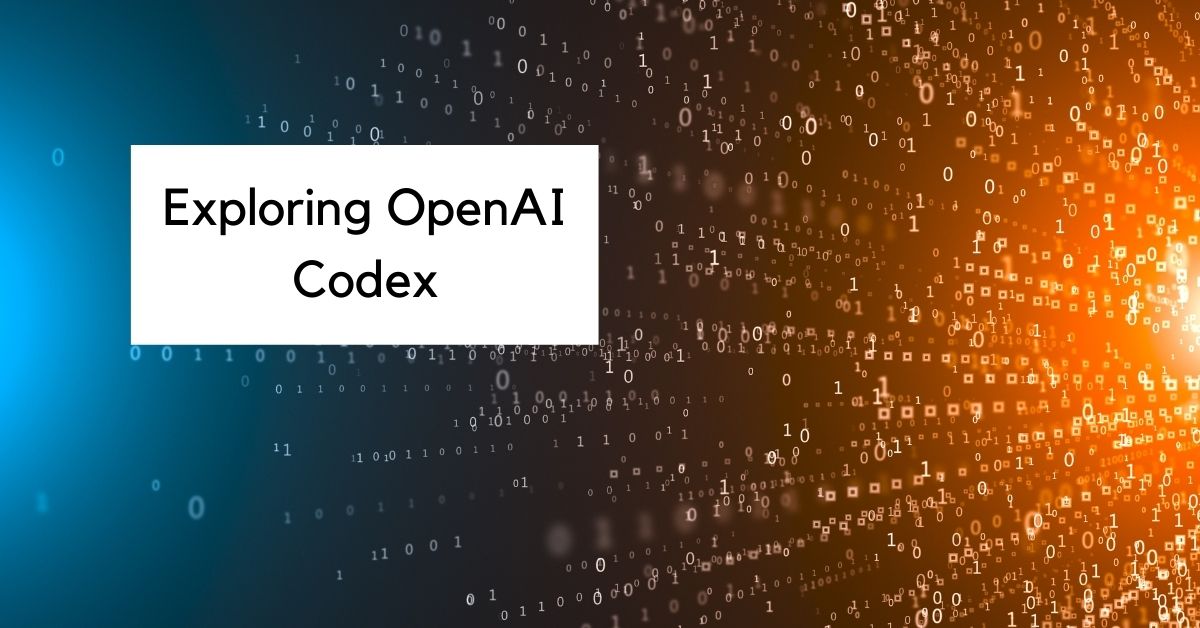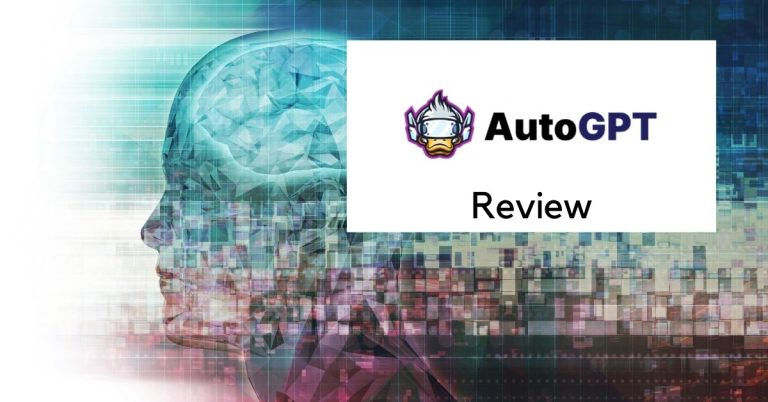Exploring OpenAI Codex: A Comprehensive Guide
Artificial Intelligence (AI) has been rapidly advancing in recent years, and one of the most promising developments is OpenAI Codex. It has gained additional popularity by its incorporation into ChatGPT. This AI language model can potentially revolutionize how we work and interact with technology. OpenAI Codex can understand natural language inputs and perform a wide range of tasks such as programming, writing, and data analysis. Its capabilities, applications, and potential future advancements are numerous, but there are concerns about its use, including bias and job displacement. In this article, we will explore OpenAI Codex in detail, including its capabilities, limitations, and applications in various industries.
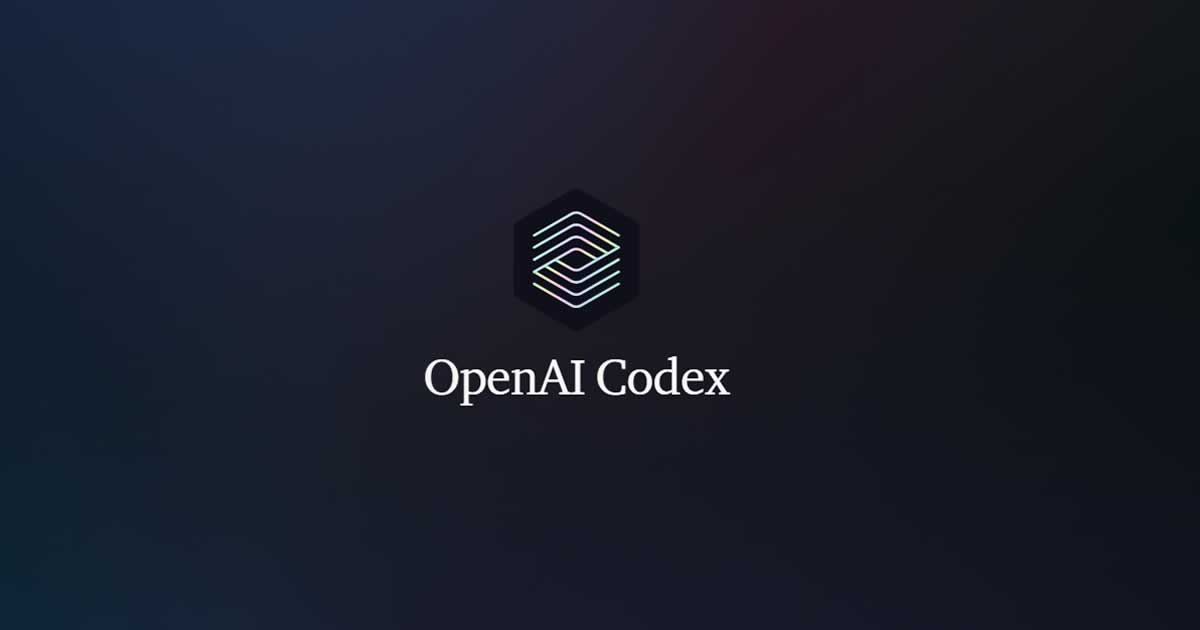
What is OpenAI Codex?
OpenAI Codex is an AI language model that has been developed by OpenAI, an AI research company founded in 2015. OpenAI Codex is a powerful language model that goes beyond simply generating code in multiple programming languages. Its architecture, built on top of the GPT-3 language model, allows it to understand natural language queries and develop high-quality, functional code that matches the user’s intent.
This makes it a valuable tool for automating various programming tasks, such as code completion, debugging, and program synthesis, which could save developers time and increase productivity.
OpenAI Codex’s versatility extends beyond coding and into natural language processing, making it a valuable tool for businesses, researchers, and individuals who need to process large amounts of data or perform complex tasks quickly and efficiently.
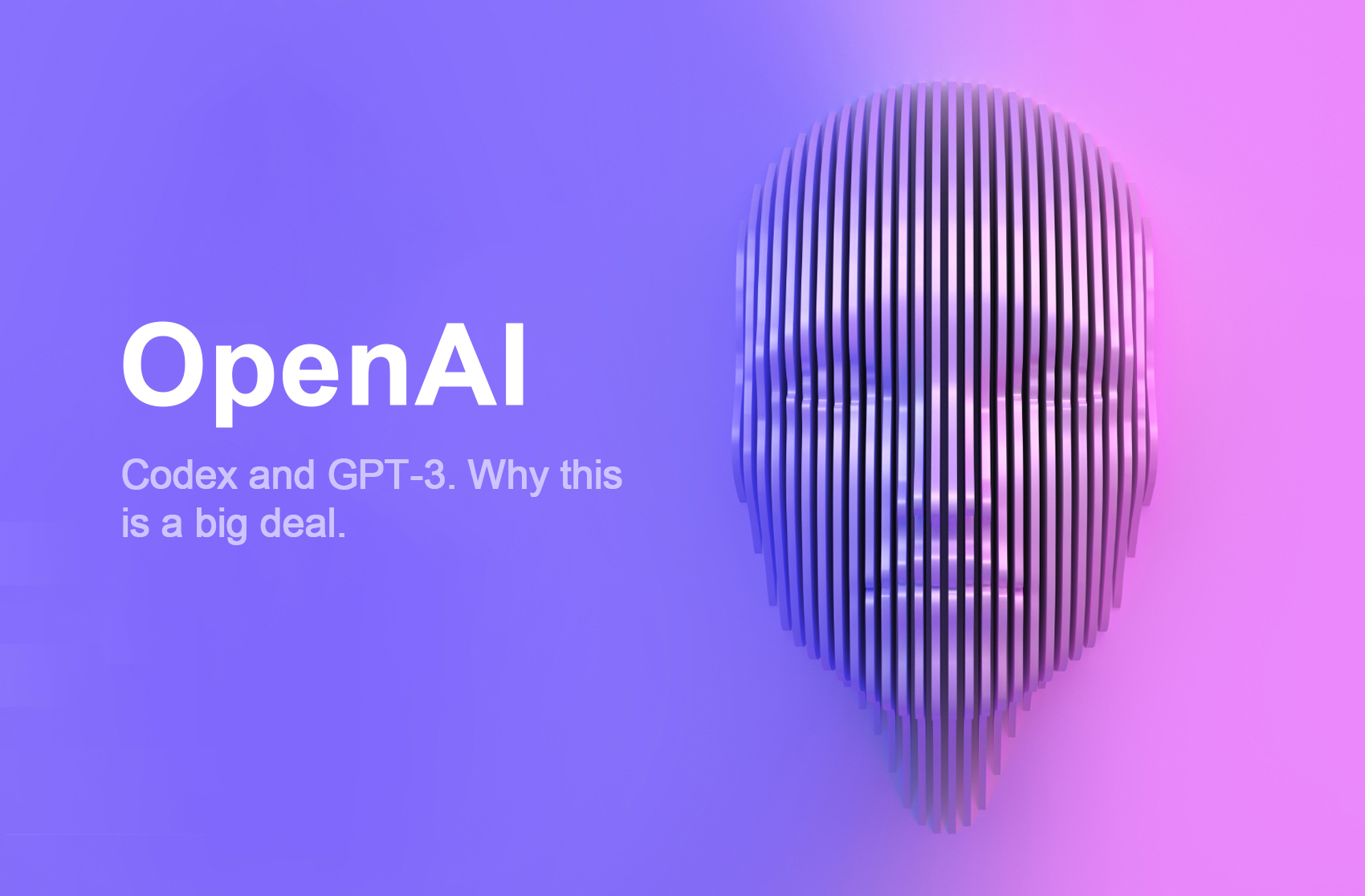
Definition of Codex
The term “Codex” refers to a collection of manuscripts or ancient texts, and in this case, it represents the vast amount of knowledge and data that OpenAI Codex has access to. The model is trained on a vast amount of code and can generate code snippets, complete functions, and even entire programs in a variety of programming languages.
Codex is a tool that uses AI to generate code in multiple programming languages by processing natural language queries. It’s an AI-assisted programming tool that automates various programming tasks and has the potential to transform the way we approach software development.
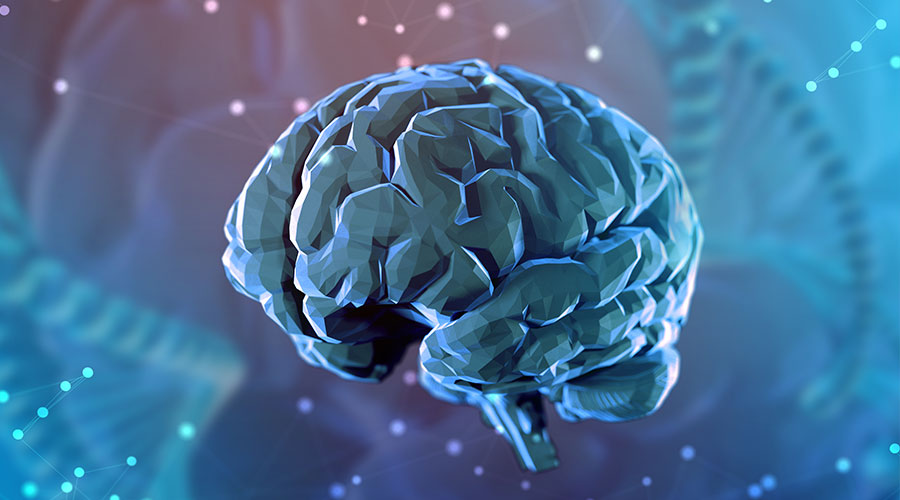
How it Works
OpenAI Codex works by using deep learning algorithms to process natural language queries and generate code in multiple programming languages. It does this by drawing on a vast repository of code snippets and programming concepts that it has been trained on, which allows it to understand the user’s intent and generate high-quality, functional code that matches that intent.
To use Codex, a user simply inputs a natural language query, such as “generate a Python function that adds two numbers.” Codex then processes the query, analyzes the context, and generates a code snippet that matches the user’s intent. The generated code can be edited and refined as needed, allowing developers to quickly create functional code without spending hours coding manually. Once it has understood the user’s query, Codex then generates code in the desired programming language, using a combination of machine learning and natural language processing techniques. This code can be anything from simple snippets to complex programs and can be used for a range of applications, from automating repetitive programming tasks to synthesizing new programs from scratch.
Capabilities of Codex
OpenAI Codex has an impressive range of capabilities that make it a versatile and valuable tool for a variety of tasks. It has been trained on a massive dataset of computer code, making it an expert in programming languages such as Python, Java, and C++.
One of OpenAI Codex’s main capabilities is its ability to generate code in multiple programming languages by processing natural language queries. This means that developers can quickly and easily create functional code without spending hours coding manually.
OpenAI Codex can also perform a wide range of other tasks, such as writing coherent and grammatically correct text, answering questions, and conducting data analysis. Its capabilities also extend beyond programming, as it can assist with tasks such as generating design ideas or even creating music. As the model continues to be refined and trained on additional data, its capabilities are only expected to expand further, making it an increasingly powerful tool for developers and individuals across a range of industries.
Limitations of Codex
Despite its many capabilities, OpenAI Codex does have some limitations that developers and researchers should be aware of. One key limitation is that OpenAI Codex may not always generate code that is perfectly suited to a particular task or project. While it can generate functional code quickly and easily, it may not always be the most efficient or optimized code. Additionally, OpenAI Codex may struggle with complex programming tasks that require significant domain-specific knowledge.
Another limitation of OpenAI Codex is that it may generate code that is biased or problematic in some way. Because OpenAI Codex is trained on large amounts of text data from the internet, it may inadvertently replicate biases or stereotypes present in that data. This is a concern for developers and researchers who are working on projects that require fairness and accuracy in their outputs.
Finally, there is a risk that OpenAI Codex could be misused for malicious purposes, such as creating malware or other harmful programs. As with any powerful AI tool, there is a need for careful consideration and ethical guidelines to ensure that Codex is used safely and responsibly.

Advantages of OpenAI Codex
OpenAI Codex is an exciting development in the world of programming, offering developers and researchers a powerful tool for generating functional code quickly and easily. Codex uses cutting-edge machine learning algorithms to generate code based on natural language inputs, making it an intuitive and efficient tool for a wide range of programming tasks.
Speed and efficiency
One of its most significant advantages is its speed and efficiency. By automating repetitive programming tasks and generating functional code quickly and easily, OpenAI Codex can significantly reduce the time and effort required for programming tasks. This makes it an ideal tool for developers who need to create prototypes or experiment with new ideas quickly.
Customizability
Another advantage of OpenAI Codex is its customizability. It can generate code in multiple programming languages and can be trained on specific tasks or domains, making it useful for a wide range of projects and applications. Furthermore, Codex can learn from user feedback and improve its performance over time, making it an adaptable and versatile tool.
Accuracy and precision
OpenAI Codex is also known for its accuracy and precision. By analyzing large amounts of data and generating code based on that data, Codex can produce highly accurate and precise results. This can help reduce the risk of human error and improve the quality of the code generated.
Reduction in human error
OpenAI Codex can help reduce human error in programming tasks by automating repetitive or tedious tasks. This can free up developers’ time to focus on more complex or creative tasks, while also reducing the risk of errors that can occur due to human fatigue or oversight.
Applications of OpenAI Codex
While OpenAI Codex is primarily designed for use in the tech industry, its capabilities are not limited to this sector. In fact, Codex can be used in various industries to automate and streamline tasks, saving time and increasing efficiency. Additionally, Codex has the potential to impact everyday life by providing solutions to common problems and assisting in various tasks.
In the tech industry
In the tech industry, OpenAI Codex can be used to automate coding tasks, develop new software, and improve existing applications. It can also be used to analyze data, generate insights, and develop algorithms. Codex can significantly reduce the time and effort required for these tasks, making it an attractive option for tech companies looking to improve their efficiency and productivity.
In other industries
OpenAI Codex’s potential extends far beyond the tech industry. It can also be applied in other industries, such as finance, healthcare, and education. For instance, it can be used to automate financial analysis, develop healthcare applications, and improve educational software. In these industries, Codex’s speed, accuracy, and versatility can help improve the quality and efficiency of work, ultimately leading to better outcomes.
In everyday life
Codex has the potential to impact everyday life. For instance, it can be used to develop new applications and software for personal use, such as productivity tools, language learning apps, or personal finance software. It can also be used to automate repetitive or time-consuming tasks, freeing up time for more meaningful or creative endeavors.

Concerns about OpenAI Codex
OpenAI Codex is a revolutionary technology that has the potential to transform various industries and aspects of our lives. However, like any advanced technology, it also comes with certain concerns and potential drawbacks that need to be addressed.
Bias and discrimination
One of the main concerns surrounding OpenAI Codex is the potential for bias and discrimination within the model. The model is trained on vast amounts of data that may contain biases or inaccuracies, and this could potentially lead to unfair or discriminatory outcomes in its applications. As a result, it is important for developers to carefully consider and address any biases within the model and the data it is trained on.
Privacy and security
Privacy and security are also significant concerns when it comes to OpenAI Codex. The model requires access to large amounts of sensitive data to operate effectively, and there is a risk that this data could be misused or stolen. As such, it is crucial that developers take measures to ensure the security of the data they use to train the model, and that they are transparent about how this data is collected, stored, and used.
Job displacement
Another concern associated with OpenAI Codex is the potential for job displacement as the model becomes more capable of performing complex tasks that were previously carried out by humans. This could have significant social and economic impacts, particularly in industries that rely heavily on manual labor or routine tasks.
Ethical considerations
Ethical considerations must be taken into account when developing and using advanced AI systems like OpenAI Codex. These may include questions around accountability, transparency, and the potential for unintended consequences in its applications. It is important for developers, policymakers, and the public to consider these issues carefully as they continue to explore the capabilities and applications of this powerful technology.
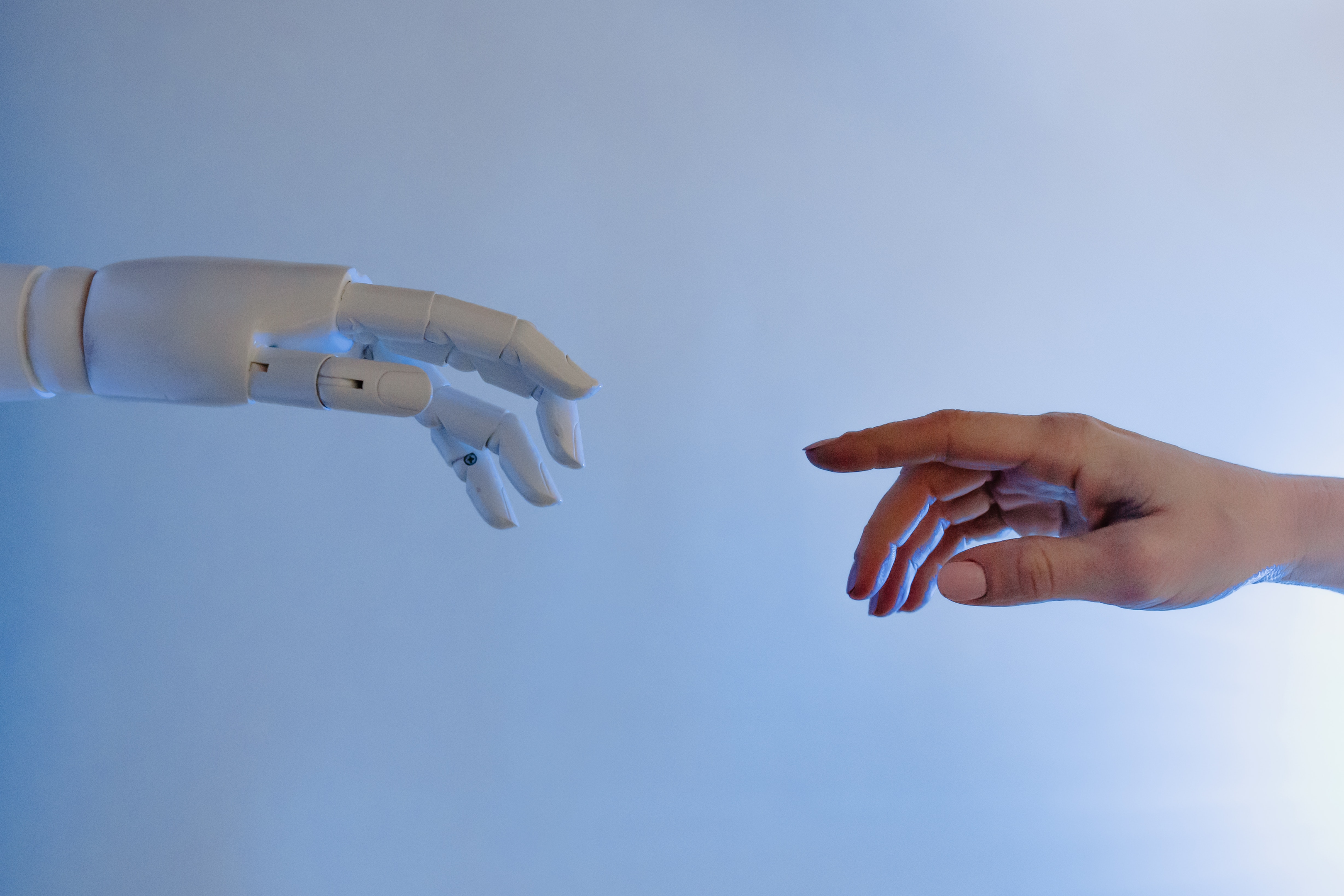
Future of OpenAI Codex
As we look towards the future of this technology, there are several exciting possibilities as well as potential challenges. However, the full potential of OpenAI Codex is yet to be realized, and there are numerous possibilities for its future development and impact on society.
There are a few key areas to consider when thinking about the future of OpenAI Codex.
Potential for advancements
As AI technology continues to advance, so too will the capabilities of OpenAI Codex. There is potential for it to become even more accurate, efficient, and versatile in its applications. There is much potential for advancements in various industries, from software development to scientific research. With its ability to interpret natural language, Codex can help bridge the gap between humans and machines, allowing for a more efficient and streamlined workflow.
Integration with other technologies
OpenAI Codex has already shown impressive capabilities, but it can be even more powerful when integrated with other AI technologies, such as computer vision and natural language processing. This integration can lead to more advanced applications that can benefit different industries and domains.
Impact on society
As with any new technology, there are concerns about the potential impact of OpenAI Codex on society. It remains to be seen how it will affect employment, creativity, and ethical considerations in the long run.
Final thoughts
In summary, OpenAI Codex is a remarkable development in the field of AI that has the potential to revolutionize the way we approach programming and other tasks that require natural language processing. Its versatility and range of capabilities make it a valuable tool for businesses, researchers, and individuals across a range of industries who need to process large amounts of data or perform complex tasks quickly and efficiently. However, its limitations, such as the potential for biased or problematic outputs and the need for ethical guidelines, must be considered to ensure its safe and responsible use. Despite these limitations, OpenAI Codex offers developers and researchers a powerful tool for generating functional code quickly and easily, with vast potential applications.

